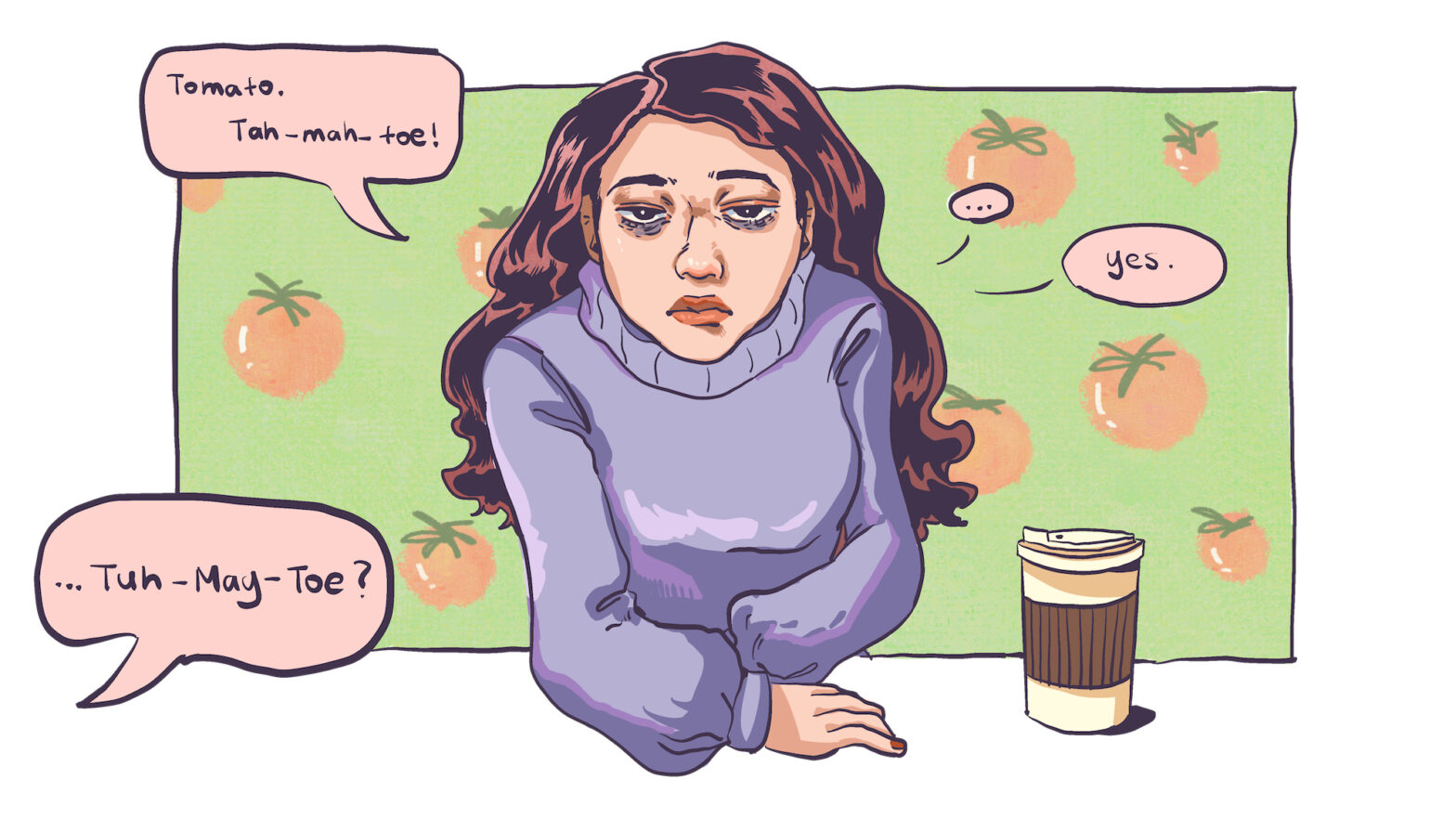An ode to the misunderstood in New York City.
“I’m an alien, I’m a legal alien, I’m an Englishman in New York.” A featured track of my “New York Leaving Party” playlist, Sting’s catchy chorus rang in my ears as I headed downtown on the 1 train a few weeks ago. A smile formed under my mask.
At the London farewell party in January, friends and family who had already visited the United States delighted in telling me that, across the pond, my accent would make me irresistible to New Yorkers. I’d open my mouth to speak and Americans would come flocking, wanting to be my friend, lover or both, they said. I brushed off these remarks in the knowledge that I would be one of over 120,000 Brits living in New York.
My arrival would unlikely be novel. My first New York date, Steven, didn’t even bring it up. “I’m thinking of changing how I speak whilst I’m over here,” I said. “Don’t — it’s cute. Everyone thinks it’s sexy — even if they’re not saying so,” he assured me. I have full faith that this was meant as a compliment, though. Alas, our mutual love of Korean chicken wings was not enough to carry us through to a second date.
In recent experience, rather than oozing charm, my West London accent and British English have become a daily hindrance. I had not anticipated the frustration of being regularly misunderstood in the U.S. Frustratingly, one of the worst offenders is ‘water.’ The simple life essential trips me up regularly and I reluctantly allow myself to say this one word in a sugary attempt at a Valley-girl accent. The reason? I’m thirsty.
Through changing my language, I was beginning to experience what it was like to fit in here. But this came at a cost: I did not sound like myself.
These interactions began to prompt an internal dilemma every time I spoke to an American.
My initial reaction was to over-process my language. I started to mimic Americanisms and switched “lift” to “elevator,” “loo” to “restroom,” “jumper” to “sweater,” “queue” to “line.” Humans tend to mimic body movements, language and accents unconsciously, researchers have found. This process is known as The Chameleon Effect. The difference here was that I was consciously “chameleon-ing.” This seemed like the quickest way to fit into a new city on a different continent without friends.
There are definitive benefits to learning a local dialect. In a February 2022 article for The New Yorker, Rebecca Mead stressed the desire for her American-born son to learn the local London dialect, otherwise known as “Multicultural London English.” Mead described the move from London to New York City as a ‘translation’ and advocated for the social advantages that learning the local dialect offers young people in their formative years. The article prompted me to consider the flipside: What is lost socially by resisting the dialect which surrounds me? Would I sound like I had no interest in assimilating? Was that ignorant? Through changing my language, I was beginning to experience what it was like to fit in here. But this came at a cost: I did not sound like myself.
As much as I was beginning to fit in with my university peers, adopting the American dialect was a facade that was exhausting to upkeep. A couple of weeks into the move, I was offered a selection of sandwich wraps in a cafe. “Tomato. Tah-mah-toe.” Deep breaths. “TUH-MAY-TOE. Please.”
It was at this moment I gave up and decided to embrace the peculiarity of my accent and British idioms for the rest of the trip. “Lift,” “loo,” “jumper” and “queue” were reinstated.

Armed with my newfound confidence, a few weeks ago, after seeing a few up-and-coming comedians test their new material in the West Village, I headed to Joe’s Pizza and ordered a cheese slice, my voice raised above the noise of the shop.
“Tamara?”
Steven suddenly emerged from behind a wooden pillar, having heard me place my order. While we didn’t hit it off on the date, seeing a friendly face in the city gave me the sense of belonging I had been looking for. The irony that this came at the expense of my distinctive accent was not lost on me.
At the end of “Englishman in New York,” Sting croons, “Be yourself, no matter what they say.” For now, I’ll take his advice.
A version of this article appeared in the Spring 2022 International Issue of The New School Free Press. Read more stories from the print issue here.








Leave a Reply